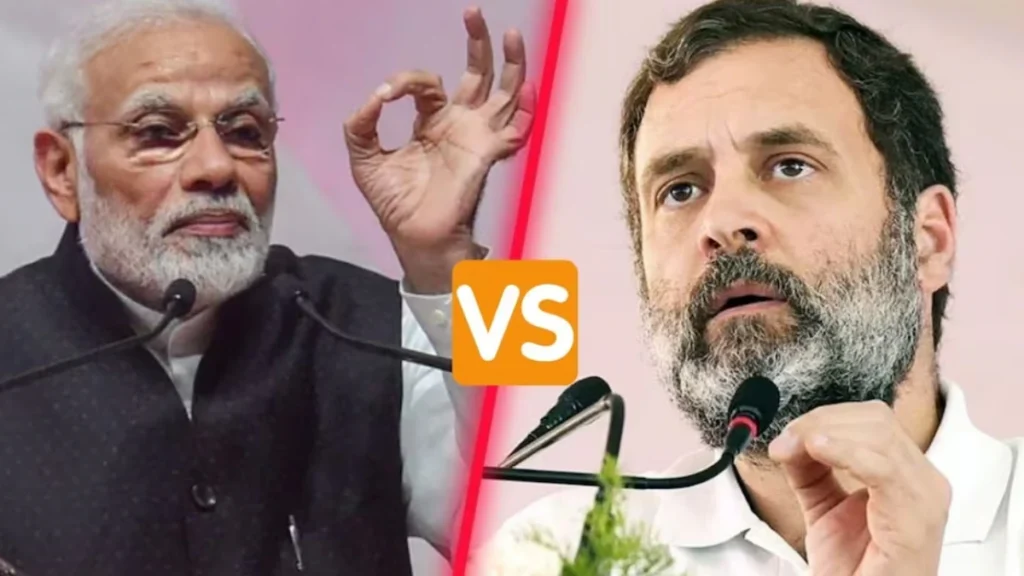
In a pivotal move that sets the stage for India’s political future, the Election Commission of India (ECI), led by Chief Election Commissioner Rajiv Kumar, unveiled the much-anticipated Lok Sabha election 2024 dates. The country is poised for a sprawling electoral exercise to elect representatives for 543 Lok Sabha seats, spread over seven phases starting April 19, with the final count on June 4.
This announcement follows closely on the heels of the appointment of two new Election Commissioners, Gyanesh Kumar and Sukhbir Singh Sandhu, a development preceded by the unexpected resignation of Arun Goel and the retirement of Anup Chandra Pandey on February 14. With the revelation of the election schedule, the Model Code of Conduct (MCC) springs into action, enforcing a strict guideline for political parties, candidates, and the government regarding their conduct, speeches, announcements, and election manifestos.
The decision to stretch the 2024 Lok Sabha elections across seven phases has sparked a wave of criticism from the Opposition. Critics argue that the protracted election schedule essentially puts governance on pause, creating a prolonged period where the focus shifts entirely to the electoral process. Shiv Sena (UBT) MP Priyanka Chaturvedi voiced concerns, highlighting the contradiction between the idea of ‘one nation, one election’ and the reality of a seven-phase election. She also expressed confidence in the victory of Maha Vikas Aghadi candidates in Maharashtra, interpreting the upcoming election as an opportunity for the public to respond to political betrayals.
Similarly, West Bengal Minister Chandrima Bhattacharya lamented the segmented approach to the elections, suggesting that a condensed election schedule could potentially boost voter turnout. The Opposition’s critique underscores the tensions surrounding the logistical and strategic considerations of conducting nationwide elections in the world’s largest democracy.
As India gears up for this monumental electoral event, the debate surrounding the election schedule underscores the delicate balance between administrative efficiency and democratic participation. The Lok Sabha election 2024 not only promises to be a litmus test for the nation’s political parties but also a reflection of the Election Commission’s ability to navigate the complexities of orchestrating an electoral exercise of unprecedented scale and significance.

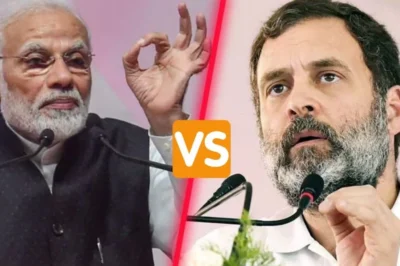



























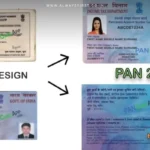



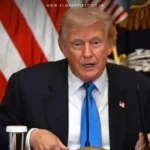
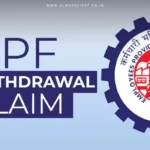






Leave a Reply